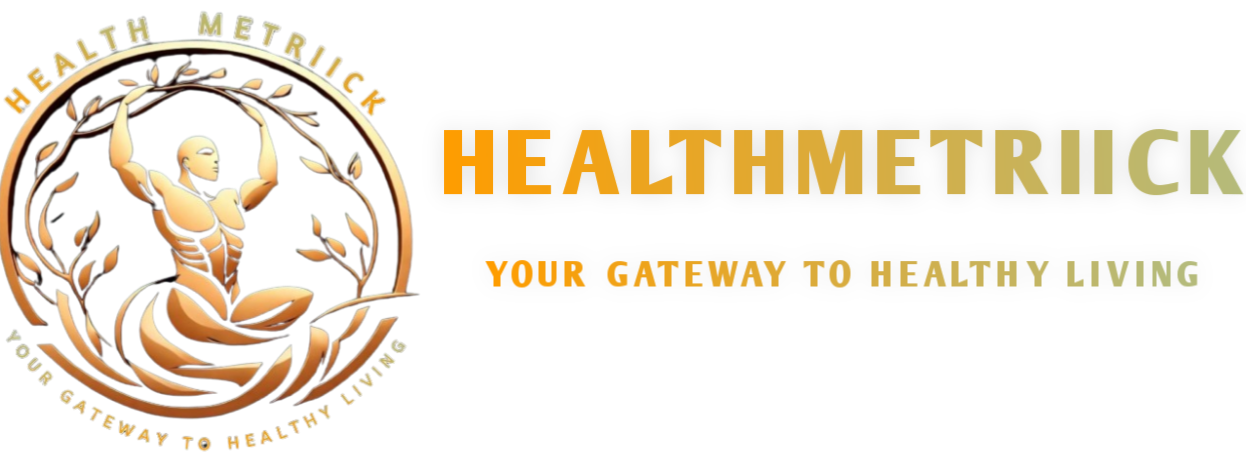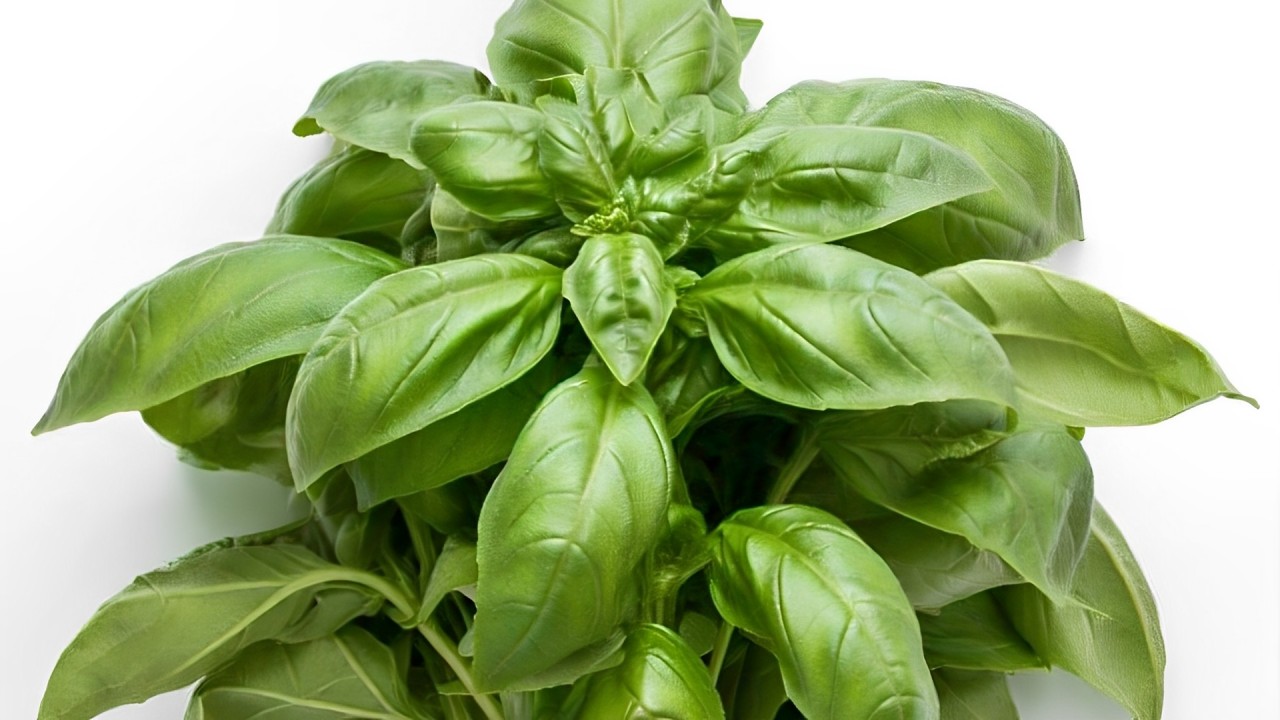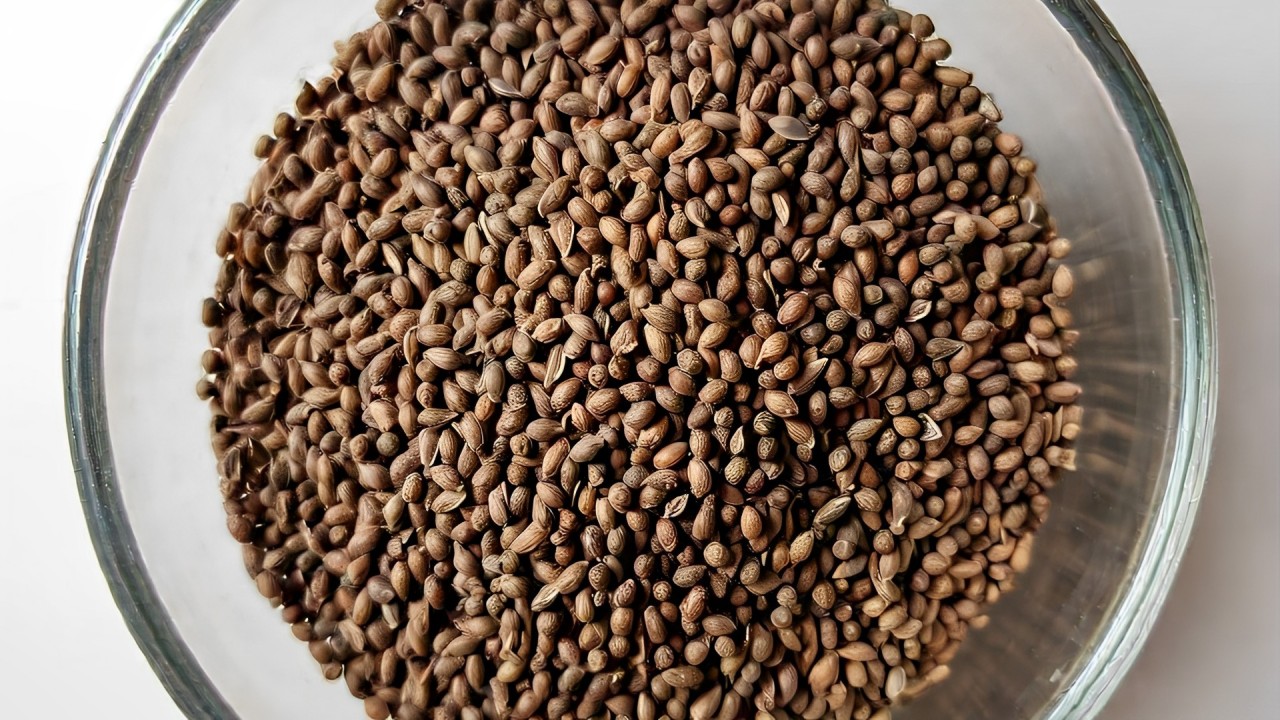Introduction
Are you prepared to take your workouts to the next level? Picture yourself stepping into your fitness routine feeling limber, energized, and fully prepared for action! Sounds wonderful right? Well, this is where “dynamic stretching” comes in as a game-changing workout strategy that not only enhances your flexibility, but also helps prevent those pesky injuries, while boosting your overall performance. Whether you’re gearing up for a run, hitting the gym, or preparing for a big game, dynamic stretching warms up your body like nothing else, giving you that extra edge to perform at your best. It’s not just about loosening up—it’s about unleashing your full potential.
So, why should dynamic stretching be an essential part of your fitness routine? Well, for starters, it works by gently moving your muscles and joints to warm them up, getting your blood flowing and preparing your body for action. Gone are the days of static stretches being your warm-up go-to. Dynamic stretching is the modern, and advanced way to rev up your body’s engine and protect yourself from injuries that can slow you down. Let’s be honest, who wouldn’t want to improve their performance while staying injury-free? Sounds like a win-win, right?
If you’re serious about leveling up your workouts, dynamic stretching might just be your next secret weapon! So, what are you waiting for? Give it a try, and experience the difference for yourself –your body will thank you. Ready to unlock that untapped potential? Let’s stretch it out and make some magic happen!
What is Dynamic Stretching?
Dynamic stretching is like giving your muscles a gentle wake-up call, preparing them for action! Unlike static stretching, where you hold a position, dynamic stretches involve active movement. You’re moving muscles and joints through their full range of motion, gradually increasing the reach or speed. This particular training method isn’t just for athletes—it’s for anyone looking to improve their range of motion and performance, whether you’re going for a jog, lifting weights, or even heading out for a hike.
So, how does it work? Dynamic stretching actively engages your muscles in continuous, controlled motion. It may also be defined as the practice of executing controlled movements with an active engagement of the muscles. Think of it as priming your body’s engine before a workout. Your muscles get warm, joints become more fluid, and your heart rate increases, all while your body is going through movements that mimic your upcoming activity. This primes you for physical exertion, making it easier to transition into more intense exercises without shocking your system.
Some popular examples of dynamic stretches include leg swings, where you swing your legs front to back or side to side to loosen up those hips. Arm circles are great for warming up your shoulders, and prepping for upper-body workouts. Walking lunges are also fantastic for engaging your legs and glutes, especially before a run, or a leg day at the gym.
Now, you may be asking yourself, how does dynamic stretching compare to the good old static stretching we’ve been doing for years? Well, the key difference is in timing and purpose. For instance, static stretching is best reserved for post-workout, where you can hold stretches to release muscle tension and cool down. Dynamic stretching, on the other hand, is the ideal pre-workout routine because it gets your body moving, your muscles activated, and prepares them to perform. It’s the perfect warm-up routine to avoid the risk of injury and enhance your performance.
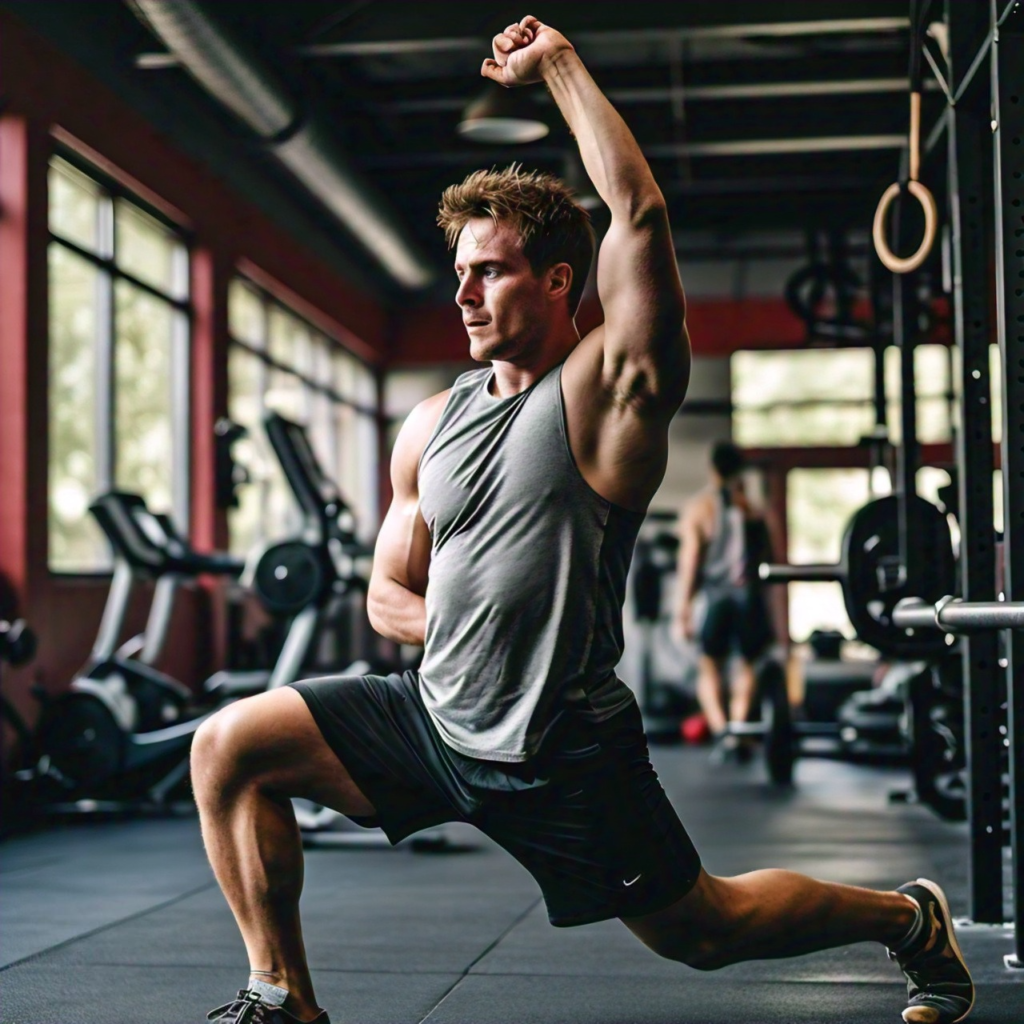
A male athlete performing Dynamic Stretches.
Benefits of Dynamic Stretching
Boosts Flexibility
One of the most obvious perks of dynamic stretching is that it enhances flexibility. Over time, these stretches improve your range of motion by actively engaging the muscles and joints, pushing them slightly further each time you stretch. The continuous motion involved in dynamic stretches encourages your muscles to extend more naturally and fluidly, helping you move more freely without stiffness.
Some key exercises that can improve your flexibility include leg swings (for loosening up the hips), arm circles (to open up your shoulders), and torso twists (to keep your core mobile). Flexibility isn’t just a goal for gymnasts—whether you’re reaching for that jar on the top shelf, or trying to keep your form strong in yoga, improved flexibility benefits everyone.
Prevents Injuries
Dynamic stretching isn’t just about feeling flexible—it’s about keeping you safe! Warming up your muscles and joints with dynamic movements reduces the risk of muscle strains, pulls, and other workout injuries. By gradually increasing your range of motion, your body is better prepared to handle the stress and strain of a workout. Imagine jumping into a sprint without any warm-up—yikes, that’s just asking for trouble.
Stretches like walking lunges and hip circles are particularly great for preparing your lower body, while arm swings and torso twists help to warm up your upper body. Dynamic stretches literally get your blood flowing, raising your muscle temperature and making your tissues more elastic, which means they can take more stress without injury.
Enhances Performance
Do you wish to run faster, lift more weights, or jump higher? Dynamic stretching is the secret weapon you need to unlock your full potential. Improved flexibility leads to better strength, speed, and endurance because your muscles can move more efficiently. Dynamic stretching also promotes better neuromuscular coordination, which means your brain and muscles work together in sync for optimal performance.
Most athletes, from runners to basketball players swear by dynamic stretching for a good reason—it’s been shown to enhance performance across a variety of sports. For instance, sprinters who incorporate dynamic stretching can increase their stride length and speed, while strength athletes see improved range of motion, allowing for deeper squats and more powerful lifts. Even for weekend warriors, dynamic stretching can lead to better overall fitness results.
How to Incorporate Dynamic Stretching into Your Routine
Before Workouts
Dynamic stretching is quite simply the best and most efficient means of warming up before workouts. Whether you’re hitting the weights, getting ready for a cardio session, or heading out to play a sport, a dynamic stretching routine prepares your body for the activity ahead. It’s like telling your muscles, “Hey, it’s go time!” You can start with 5-10 minutes of dynamic stretches to get your blood flowing, loosen up your joints, and improve or maintain your range of motion.
For a cardio workout like running or cycling, include stretches like high knees, walking lunges, and leg swings. For strength training, arm circles, torso twists, and squats with a reach will help get your body ready. And if you’re preparing for a sport, tailor your stretches to movements you’ll be doing during the game—for instance, side lunges would be appropriate for sports such as tennis or soccer that require a lot of lateral movement.
Everyday Movement
Dynamic stretching is not limited only to exercises and workouts, it can be incorporated into your everyday life too. Adding 5-10 minutes of stretching in the morning, or after long periods of sitting can work wonders for keeping your body limber and active throughout the day. Basic stretches like standing arm swings, hip circles, and neck rolls can help relieve tension and keep you moving smoothly.
How about trying a short dynamic stretch routine as a way to kickstart your day? First, you might want to start with a couple of torso twists to prepare your spine, and then leg swings for hip and hamstring mobility. To take it up a notch, add some high knees in order to get your heart pumping, as well as some arm circles to warm up the upper body or your shoulders. In just five minutes, you’ll be ready to take on the day, feeling energized and flexible.
Common Dynamic Stretching Mistakes and How to Avoid Them
Overstretching
While it may seem appealing to go all out during a stretch routine, overstretching can be harmful, and may lead to injuries. When you are doing dynamic stretching, it is advisable to do it in a controlled and focused manner, and not in an aggressive way. You’re warming up, not trying to break your flexibility records. Overexerting the body too fast can lead to strains, especially if your muscles are cold.
Moving Too Fast or Too Slow
Balancing dynamic stretching is important because if you do it too quickly, you may have a risk of injury. However, doing it too slowly may also lead to undesired benefits. The key is finding a speed that works best for you, in order to fully engage the muscles without rushing through the movements. Make sure to give each stretch the needed time and attention, without compromising on control and breath.
Ignoring Muscle Imbalances
It’s common to have one side of your body stronger or more flexible than the other. However, ignoring these imbalances during dynamic stretching can exacerbate them. Ensure that you work both sides evenly, and give extra attention to weaker or tighter areas. This way, you’re not just preparing for your workout—you’re also working towards achieving a balanced body, devoid of injuries.
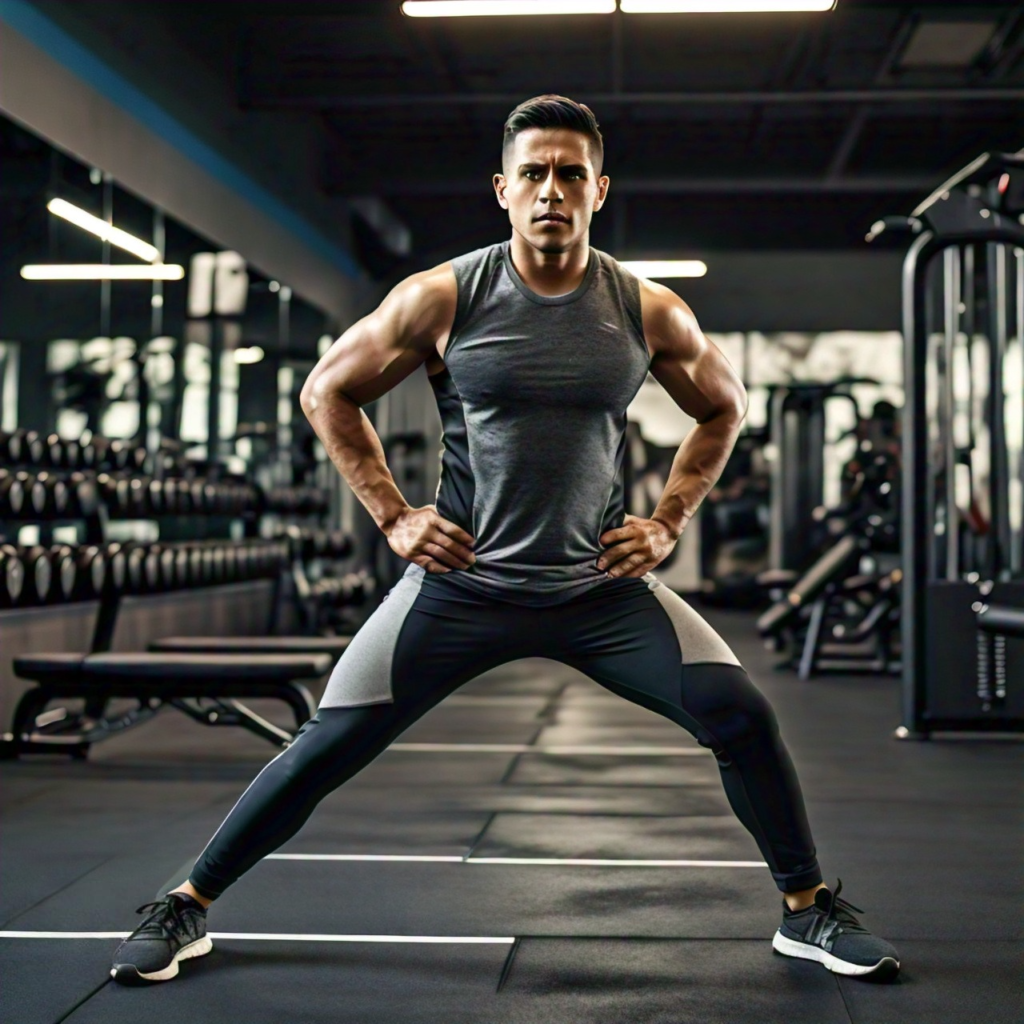
A male athlete performing Dynamic Stretches.
Top 5 Dynamic Stretches to Get Started
Walking Lunges
Walking lunges are perfect for warming up your lower body, especially the quads, hamstrings, and glutes. To perform this stretch, step forward into a lunge position with one leg, lowering your hips while keeping your torso upright. Push off your back foot and step forward into the next lunge with the opposite leg. Repeat this for 10-12 reps on each leg.
Arm Circles
Great for loosening up the shoulders and preparing for upper-body workouts, arm circles are simple, yet effective. To perform this particular stretch, extend your arms out to the sides and make small circles, gradually increasing the size. Do 10-15 rotations forward, then switch directions.
Leg Swings
You can loosen up your hips and hamstrings with leg swing stretches. To do this, hold onto something for balance, and swing one leg forward and backward in a controlled motion. Repeat this for 10-15 times on each leg. You can also swing your leg side to side to target the hip abductors.
High Knees
Get your heart rate up, and engage your core with the high knees stretching technique. You can do this by jogging in place, and lifting your knees as high as possible. Keep your movements quick and controlled, driving your knees toward your chest. Do this for 30-60 seconds to get your blood flowing.
Hip Circles
Hip circles are fantastic for increasing mobility and balance. To perform this stretching technique, stand with your feet, hip-width apart and make large circles with your hips, moving clockwise and counterclockwise. Aim for 10-15 rotations in each direction, for maximum effect.
Conclusion
Dynamic stretching is the key essential element that you need to enhance your flexibility, avoid all those irritating injuries and improve your performance. By moving your muscles and joints through their full range of motion, dynamic stretches prepare your body for action, whether you’re about to hit the gym, go for a run, or just tackle your day. From walking lunges to leg swings, these active movements help you loosen up, improve circulation, and enhance your strength, speed, and movement with each workout session.
Now, here’s the thing—making dynamic stretching a regular part of your fitness routine is key. It’s not just a one-off warm-up trick; it’s a habit that will reward you over time. The more you do it, the more flexible and injury-resistant your body becomes. You will be ready to take on every vigorous activity or exercise, as well as note an increase in mobility in the course of your daily activities. Plus, who wouldn’t want to perform better, stay injury-free, and enjoy a little extra spring in their step?
So, why not start today? Take action, stretch it out, and experience the wonders of dynamic stretching for yourself! Your muscles will be grateful, your joints will feel better, and your performance will soar. However, before you dive headfirst into a new routine, always remember to consult with a professional, to ensure you’re doing what’s best for your body. Now, are you ready to stretch your way to success? Let’s get to it!
